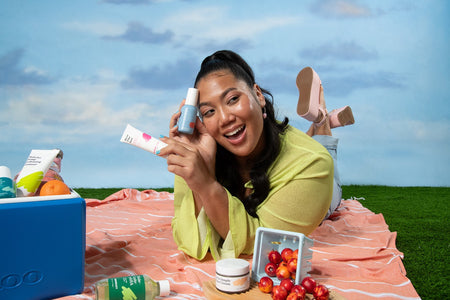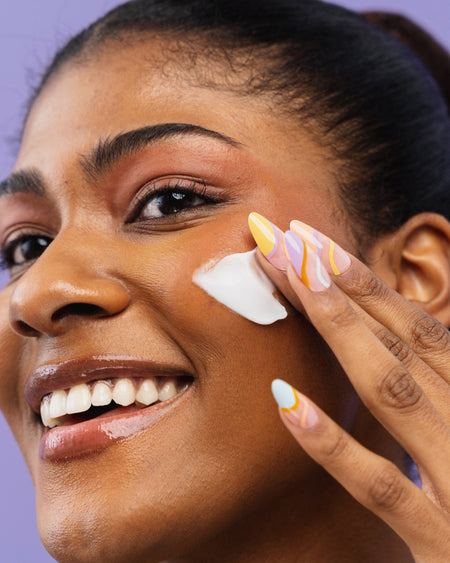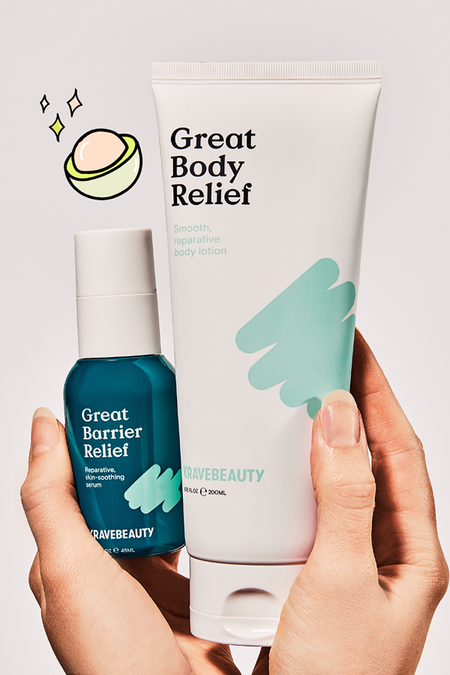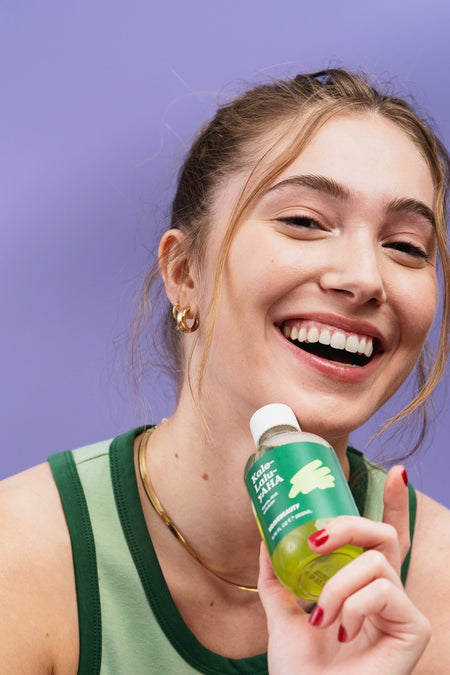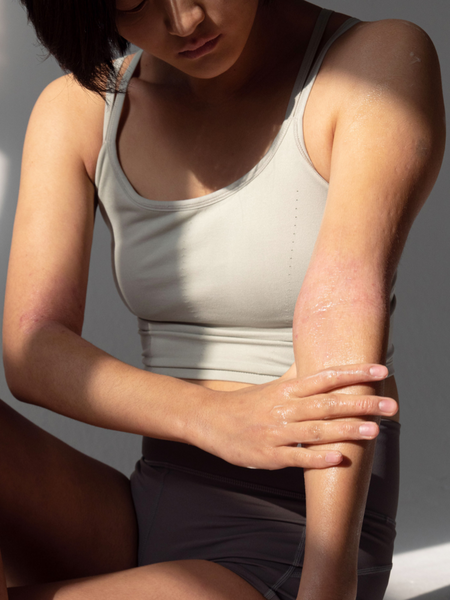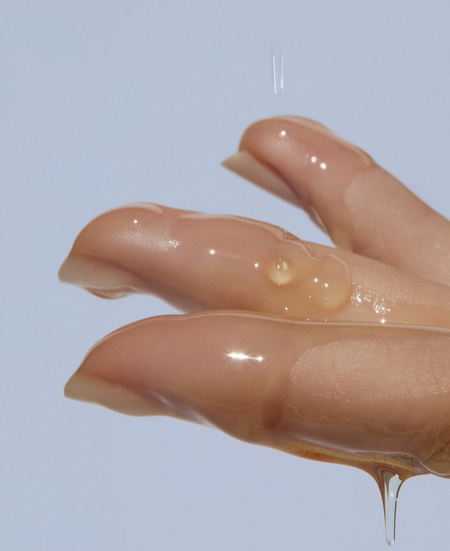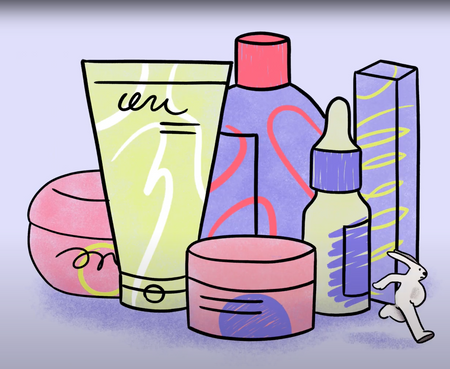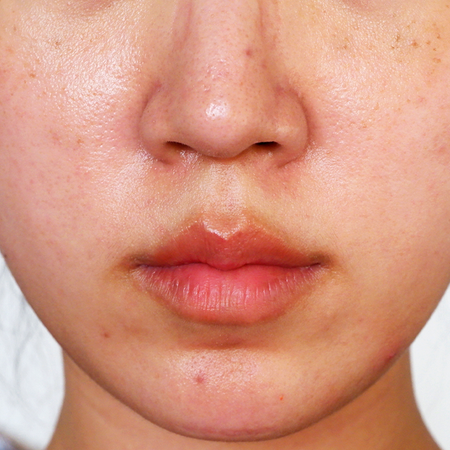Ingredient Series: Hello Humectants!

“All I want for Christmas is… HYDRATED SKIN THAT DOESN’T FEEL LIKE THE SAHARA DESERT. Oh, and some eggnog.”
The thirst is real, especially for our skin this winter.
Hydration is key in helping our skin maintain that healthy glow, and our skin needs all the help it can get in these moisture-sucking months. So what better time to talk about our skin hydration and moisture concerns than while we’re dealing with them? To continue our Ingredient Series, we’re going to decode another helpful group of ingredients you might’ve heard a lot about: humectants!
What are humectants?
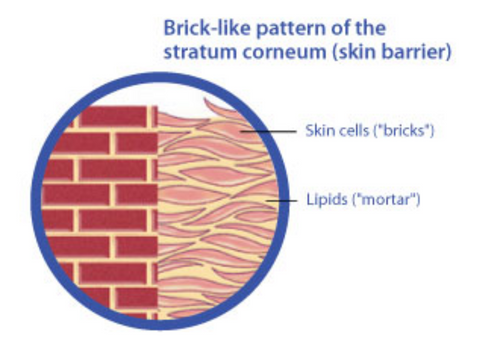
Source: https://blog.healthpost.co.nz/2014/the-miracle-of-the-skins-lipid-layer/
Humectants are a group of ingredients that ATTRACTS water to your parched skin! In other words, meet your skin’s personal hydration magnets. Just think of your skin cells as mini balloons that are slowly filled up with water, which is delivered to them courtesy of our lovely humectant friends.
Last week, we talked about the 'mortar' part (lipids) of our skin’s stratum corneum layer (AKA the skin barrier), so today we are going to direct our attention to the brick-like part of our skin barrier: the skin cells. Humectants are naturally found in the cell layer, certifying them as Natural Moisturizing Factors (NMF). These NMFs play a big role in our skin barrier army because they:
- Maintain our skin’s hydration
- Regulate the shedding of dead skin cells from our skin’s outer layer (therefore preventing flaky, dry, rough skin)
- Maintain the skin’s acidity to prevent infection
How amazing, right? Isn't it crazy how the more we learn about our skin, the more amazing and smart we realize it is? Unfortunately, not everyone is blessed in the NMF department. Studies show that people with dry skin, especially with eczema skin, lack these natural moisturizing factors making their skin more prone to dryness and flakiness.
I guess that just means we’re going to need to hire some more help in our hydration team then, aren’t we? Let’s get to work.
How humectants work and why they’re tricky
To recap, humectants are in charge of attracting water into our skin’s outermost layer (the stratum corneum). The most common source of this water is all around us: the humidity in the air! So seems like there’s nothing stopping us from calling in all of the humectant troops, right?
Here’s the catch. Humectants are a little simple-minded when they’re doing their job, so they draw water from wherever there’s more of it to wherever there’s a shortage of it. When the humidity in the air surrounding us is low (dry), humectants will draw out the water content from your skin’s deepest layer rather than from the atmosphere. So your skin might feel hydrated and plump for a little while before it feels even drier than before, as the water is sent out from your skin and into the low humidity atmosphere. (Get your own moisture, atmosphere!)
That’s why we need to be cautious when using products that contain humectants during the dry seasons, so that we don't accidentally give up any of our hydration. And don't forget that the humidity in your home and living spaces can affect your skin too, so keep your living area humidified to prevent further unwanted water loss from your skin.
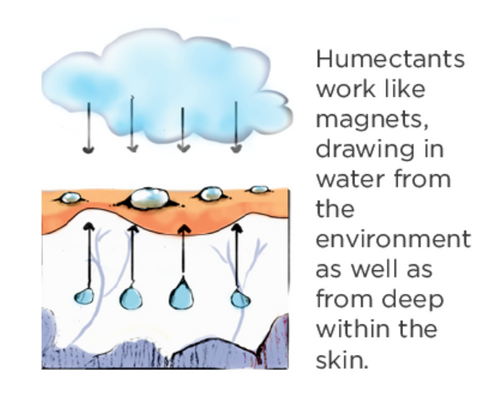
Source: https://www.futurederm.com/sodium-hyaluronate-in-skincare-products/
Luckily, most products that are formulated with humectants account for this tricky situation by including an occlusive that acts like a barrier over your skin to prevent water loss.
Here’s a convenient list of the most common humectants you can look for in moisturizers.
- Glycerin
- Sodium hyaluronate
- Hyaluronic acid
- Propylene glycol
- Butylene glycol
- Sodium PCA
- Sorbitol
- Allantoin
- Honey
- Aloe Vera
- Seaweed, algae
Humectants may seem like they're really only made for people with dry skin, but don’t worry now—the humectant party is open to everyone. Humectants are just as awesome for oilier skin types as they hold more water/moisture in the skin without adding more oil to it. And of course, folks with drier skin can use humectants to say bye to their flaky, dry skin for good.
We hope you now have a better understanding of how humectants can help quench your skin’s thirst this winter! Stay hydrated, everyone.
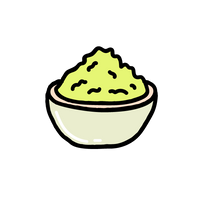 Matcha Hemp Hydrating Cleanser
Matcha Hemp Hydrating Cleanser Oat So Simple Water Cream
Oat So Simple Water Cream Beet The Sun SPF 40 PA+++
Beet The Sun SPF 40 PA+++ Great Barrier Relief
Great Barrier Relief Kale-Lalu-yAHA
Kale-Lalu-yAHA

